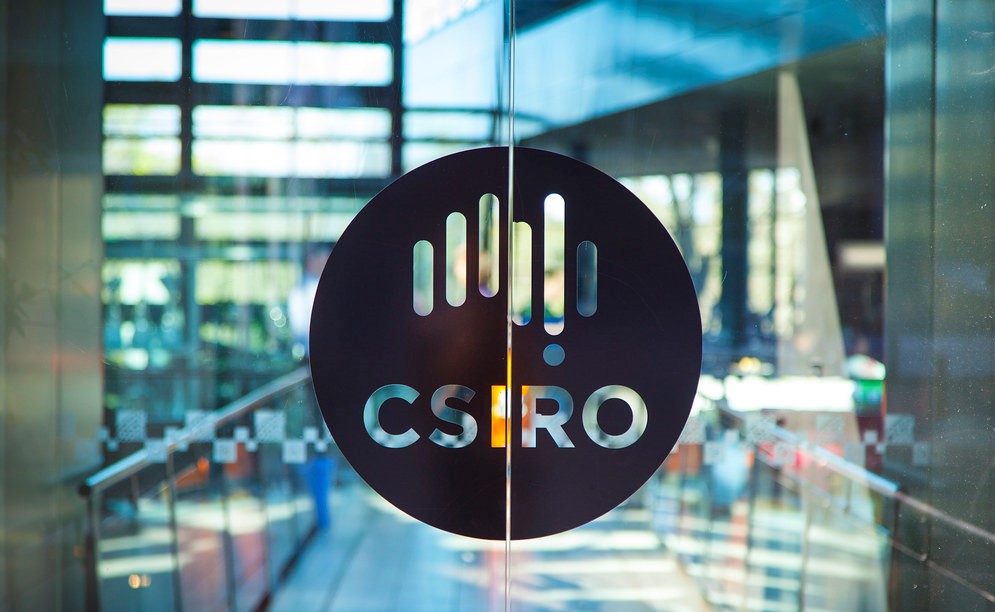
CSIRO’s latest all staff survey has highlighted the ongoing challenge to engage employees in the Executive Team’s mission and objectives, as the organisation faces a new government and the potential for change at the top.
While a shift in survey provider delivered often-cryptic results, there was no difficulty deciphering staff discontent at a lack of accountability and perhaps a sense of organisational ennui; echoing similar middling returns from staff surveys in the years prior to the coronavirus pandemic.
The mixed picture serves a backdrop to a changed set of circumstances for CSIRO, which will have to adapt to the policy priorities of the new federal government and answer questions over the future of the long-term leadership of the organisation.
In a move away from previous contractor Willis Towers Watson, CSIRO engaged new provider Denison Consulting to deliver a new survey that focussed on ‘culture’ and spruiked the company’s expertise in “providing client-focused and innovative culture change and leadership development solutions.”
In contrast to previous staff surveys which recorded responses as a straight percentage – which could then also be charted against the provider’s own proprietary measures – Denison reports scores only as percentiles compared to the company’s Global Normative Database, based on over one thousand organisations.
The ‘Dension Culture Model of High Performance’ seeks responses across twelve indices, themselves grouped into four main categories: mission, consistency, involvement and adaptability. The survey was conducted at CSIRO in March of this year, however some staff and affiliates in Agriculture and Food, Finance and National Collections and Marine Infrastructure completed the exercise in late 2021.
First, the good. Overall, the strongest results were recorded against the indices categorised under involvement and adaptability, suggesting that CSIRO staff have confidence in their own capability combined with that of colleagues.
Staff returned positive results when asked if they work as part of a team (65) and agreed that the capabilities of employees were recognised as a competitive source of competitive advantage (65). Communication within the organisation received a big tick (71), continuing a positive trend from past surveys.
While agreeing that innovation and appropriate risk taking is encouraged and rewarded (61), respondents did not recognise failure as an opportunity for learning and development (25).
There was a decent shout in support of the long-term purpose and direction for CSIRO (65), however the positive ratings hit the skids as rubber met road. While clarity of future strategy (55) and meaningful direction and purpose (54) received positive endorsement, ratings fell away on tracking progress against stated goals (21), the long-term viewpoint of CSIRO leaders (28) and whether those views and goals of self-same leaders were ambitious, but realistic (31).
Few staff agreed that CSIRO was able to meet short-term demands without compromising long-term vision (23).
The perception of effective and personal accountability to organisation values is very low (15), as are ratings on positive solutions in the face of disagreements (22), with staff unable to agree that consensus could be easily reached, even on difficult issues (26).
Ease of collaboration across different parts of the organisation took a hit (23), as did good alignment of goals across levels (25).
Satisfaction ratings for staff working remotely exclusively or a hybrid mix were broadly similar, both a little higher than those colleagues who have returned to the workplace full-time. Interestingly, those employees splitting their work between home and worksites returned lower scores regarding coordination and integration (25), perhaps hinting at the ongoing impact of pandemic-inspired changes to work practices.
Elsewhere, the results clearly show that team leaders are under pressure. Positive returns for line managers were down across the board compared to other roles, especially against indices measuring support for coordination and integration (16), goals and objectives (21) and vision (23).
By contrast, the responses from the CSIRO Leadership Team were typically heroic, with particularly stratospheric endorsements of strategic direction and intent (99), capability development (95), team orientation (94) and vision (92).
However, when asked (as part of a set of historical questions posed to indefinite and term staff) if senior leaders communicate a clear direction for CSIRO, only 61 per cent of respondents could agree; the worst result since 2018 (51 per cent) and ten points adrift from confidence levels recorded only three years ago.
That could spell trouble for CSIRO Executives charged with recalibrating future strategy. The new Labor Science Minister Ed Husic is likely to revise Government’s Statement of Expectations for CSIRO.
Meanwhile, the long-term leadership of the organisation remains unclear, as current Chief Executive Larry Marshall enters the final year of his current appointment. First appointed to the top job in 2015, Dr Marshall’s most recent extension for three years was announced in June 2020.
